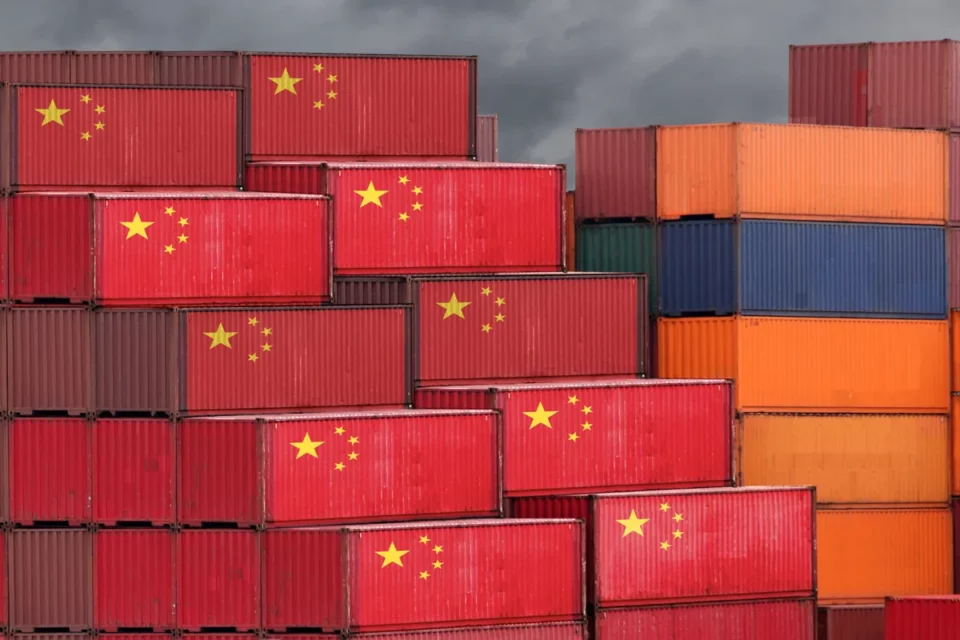Economic/Trade Policies with China: How Should they be Amended?

From adversarial property purchase to military disputes, the U.S. relationship with China has been rocky, to say the least. For quite a while now, the United States has been in a competitive race with China to be at the forefront of the global economy and technological development. Recently, the House Select Committee on the Chinese Communist Party put together a report filled with over 150 recommendations for U.S. policy involving China to put the U.S. ahead.
Go deeper: The U.S. Chamber has put together a list of the most concerning issues revolving around China’s unfair economic and trade policies from the prospective of the business community, and these made the list:
-
Deployment of hefty industrial subsidies and other state capitalist approaches to economic policy.
-
Efforts to promote self-reliance and “indigenous innovation” through policies that discriminate against foreign companies, such as “Strategic Emerging Industries” and “Made in China 2025”.
-
Agenda for digital decoupling under the guise of national security that has fueled the deglobalization of the ICT tech stack in China and globally.
-
Use of competition policy as a tool not to promote competition but to favor its national champions in China and abroad.
-
China’s Military-Civil Fusion doctrine, effectively coopting the civilian economy as an organ of military development.
With these issues in mind, the U.S. Chamber of Commerce welcomes the following recommendations issued by the Select Committee:
-
Seek new U.S. Trade Agreements with Allies and Partners.
-
Reauthorize the Generalized System of Preferences (GSP), which lapsed three years ago and for which the Chamber has been vigorously lobbying.
-
Approve the Chamber-endorsed Medical Supply Chain Resiliency Act, which would not only incentivize the diversification of U.S. supply chains away from China but strengthen trade ties with friends and allies to spur growth and jobs.
-
Enact the widely supported United States-Taiwan Expedited Double-Tax Relief Act, which would end double taxation of income earned by U.S. firms doing business in Taiwan and vice versa.
-
Pass H. Res. 270, “which provides that the United States should negotiate strong, inclusive, forward-looking, and enforceable rules on digital trade and the digital economy with allies and partners.” The Chamber has been very actively advocating for just such a policy on digital trade in the wake of USTR’s reversal of longstanding policies enshrined in U.S. law.
WY We Care: With Cheyenne being a pioneer in the newest frontier of nuclear weapons development, our community is no stranger to the threat that foreign adversaries pose. Your Cheyenne Chamber advocates fiercely for issues and legislation that will help our businesses, and community as a whole, stay healthy and thrive. These U.S. Chamber recommendations were put in place for the benefit of our country, and we encourage our legislators to take them into consideration in their upcoming sessions.


